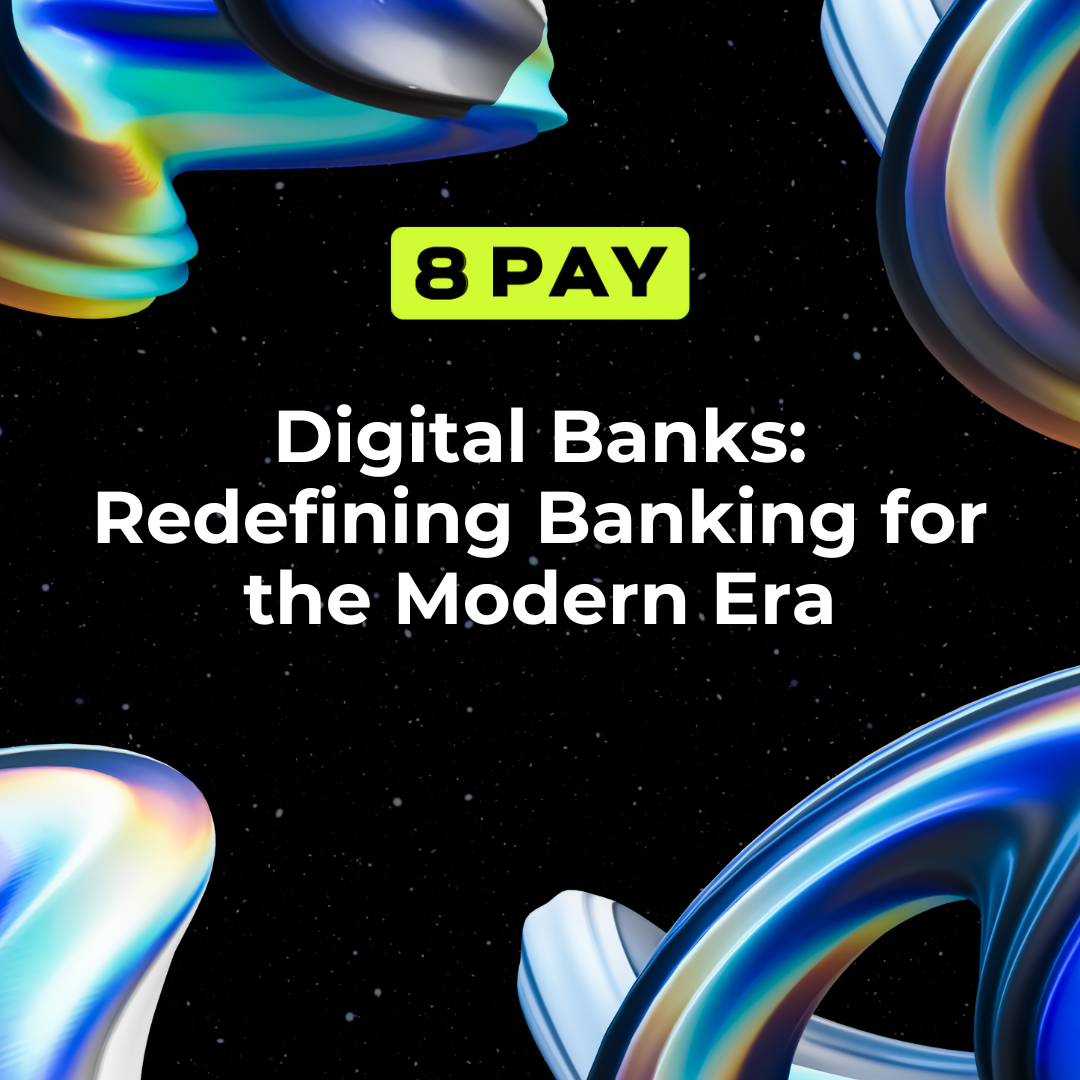Digital Banks: Redefining Banking for the Modern Era
2024-08-29 19:00

Digital Banks: Redefining Banking for the Modern Era
The banking sector has witnessed a significant transformation with the advent of digital banks. These banks operate exclusively online without traditional physical branch networks, offering tech-savvy consumers a more convenient, accessible, and often cost-effective banking experience. This article explores the rise of digital banks, the benefits they offer, and the challenges they face in the rapidly evolving financial landscape.
The Rise of Digital Banks
Digital banks have grown in popularity due to their ability to leverage technology to streamline banking processes and enhance customer experience. By operating online, they can reduce operational costs and pass these savings onto customers in the form of lower fees and higher interest rates on savings.
Key Benefits of Digital Banks
Convenience and Accessibility
Digital banks are accessible 24/7 via smartphones or other digital devices, allowing customers to perform all banking activities from the comfort of their homes or while on the go. This includes transferring money, paying bills, and applying for loans without the need to visit a physical branch.
Enhanced User Experience
Using modern UI/UX designs and customer-centric approaches, digital banks offer intuitive and user-friendly platforms. Advanced features like instant notifications, spending analytics, and financial management tools help users stay informed and in control of their finances.
Faster Services
With automated systems and fewer bureaucratic layers, digital banks can offer quicker account setup and faster transaction processing. This speed and efficiency are particularly appealing in today's fast-paced world where users expect immediate responses and services.
Challenges Facing Digital Banks
Regulatory Compliance
Digital banks face stringent regulatory requirements designed to ensure financial stability and consumer protection. Navigating these regulations, particularly across different countries, can be complex and costly.
Security Concerns
While digital banks use advanced security measures, the online nature of their operation exposes them to cyber threats. Ensuring robust cybersecurity measures is critical to protect customer data and maintain trust.
Building Trust
Without physical branches, digital banks must work harder to build and maintain customer trust. This involves not only ensuring top-notch service and security but also effectively managing customer service and resolving issues promptly.
The Future of Digital Banks
The future looks promising for digital banks as technology continues to advance and consumer behavior increasingly shifts towards online services. To stay competitive, these banks will need to continuously innovate and adapt to new technologies and changing customer expectations.
Digital banks are at the forefront of the banking industry's transformation. By offering convenience, efficiency, and a personalized banking experience, they cater to the needs of the modern customer. However, they must continuously evolve to overcome challenges and capitalize on new opportunities in the dynamic financial sector.
The banking sector has witnessed a significant transformation with the advent of digital banks. These banks operate exclusively online without traditional physical branch networks, offering tech-savvy consumers a more convenient, accessible, and often cost-effective banking experience. This article explores the rise of digital banks, the benefits they offer, and the challenges they face in the rapidly evolving financial landscape.
The Rise of Digital Banks
Digital banks have grown in popularity due to their ability to leverage technology to streamline banking processes and enhance customer experience. By operating online, they can reduce operational costs and pass these savings onto customers in the form of lower fees and higher interest rates on savings.
Key Benefits of Digital Banks
Convenience and Accessibility
Digital banks are accessible 24/7 via smartphones or other digital devices, allowing customers to perform all banking activities from the comfort of their homes or while on the go. This includes transferring money, paying bills, and applying for loans without the need to visit a physical branch.
Enhanced User Experience
Using modern UI/UX designs and customer-centric approaches, digital banks offer intuitive and user-friendly platforms. Advanced features like instant notifications, spending analytics, and financial management tools help users stay informed and in control of their finances.
Faster Services
With automated systems and fewer bureaucratic layers, digital banks can offer quicker account setup and faster transaction processing. This speed and efficiency are particularly appealing in today's fast-paced world where users expect immediate responses and services.
Challenges Facing Digital Banks
Regulatory Compliance
Digital banks face stringent regulatory requirements designed to ensure financial stability and consumer protection. Navigating these regulations, particularly across different countries, can be complex and costly.
Security Concerns
While digital banks use advanced security measures, the online nature of their operation exposes them to cyber threats. Ensuring robust cybersecurity measures is critical to protect customer data and maintain trust.
Building Trust
Without physical branches, digital banks must work harder to build and maintain customer trust. This involves not only ensuring top-notch service and security but also effectively managing customer service and resolving issues promptly.
The Future of Digital Banks
The future looks promising for digital banks as technology continues to advance and consumer behavior increasingly shifts towards online services. To stay competitive, these banks will need to continuously innovate and adapt to new technologies and changing customer expectations.
Digital banks are at the forefront of the banking industry's transformation. By offering convenience, efficiency, and a personalized banking experience, they cater to the needs of the modern customer. However, they must continuously evolve to overcome challenges and capitalize on new opportunities in the dynamic financial sector.